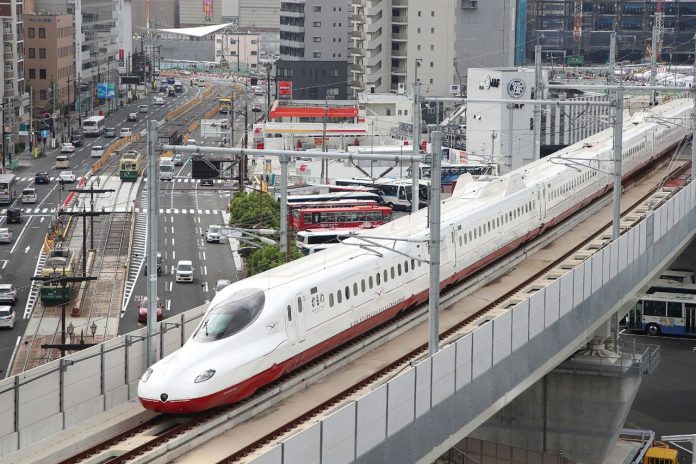
According to recent reports, Japanese trains have once again achieved an astonishing feat of punctuality, with an average delay of just 18 seconds per train.
This makes Japanese trains among the most punctual in the world, and a testament to the country’s culture of efficiency and precision.
Despite operating more than 27,000 trains per day, the Japanese railway system has maintained its reputation for punctuality and reliability.

This is due to a number of factors, including meticulous planning, strict adherence to schedules, and advanced technology. In addition, Japanese trains are equipped with automatic braking systems and other safety features that contribute to their overall efficiency and punctuality.
This level of punctuality has not only boosted Japan’s reputation as a world leader in transportation but also played a significant role in the country’s economy. Japanese trains are an essential component of the country’s transportation infrastructure, and their reliability has facilitated the movement of goods and people across the country.
Furthermore, it has enhanced the quality of life for Japanese citizens by providing them with a reliable and efficient means of transportation.
The success of the Japanese railway system has attracted attention and admiration from around the world, and many countries are now looking to emulate Japan’s approach to transportation.
With the continued growth of global transportation and increasing demand for reliable and efficient travel, Japan’s trains are likely to remain a source of inspiration and a model for transportation systems worldwide.